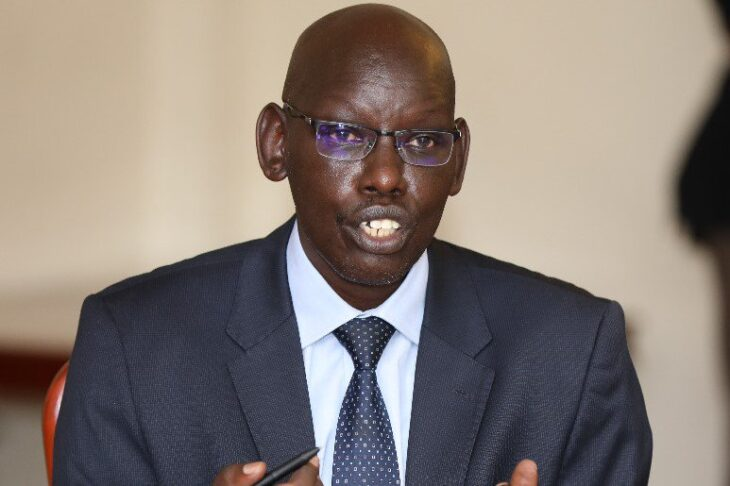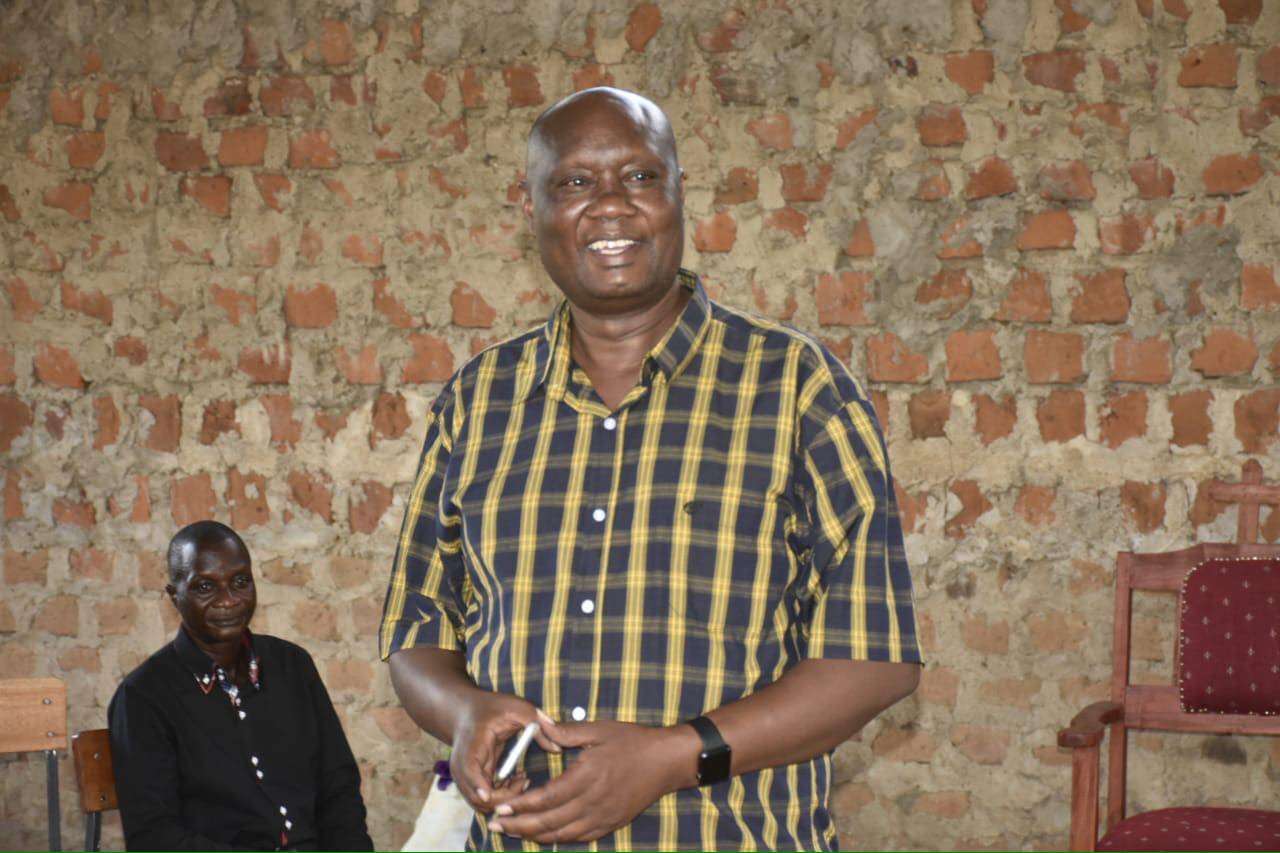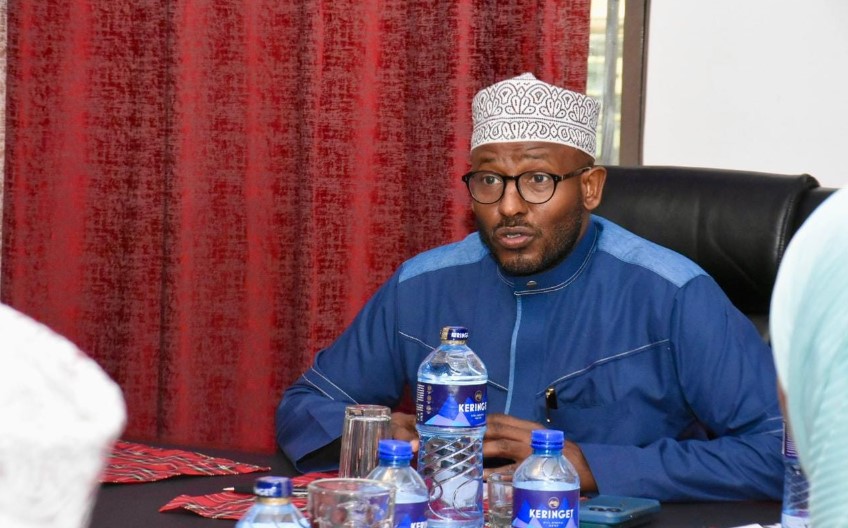Education Principal Secretary Belio Kipsang also warned that the budget cuts to KNEC would have serious consequences, as the council had committed to administering three additional examinations—the Kenya Intermediate Level Education Assessment (KILEA), Kenya Primary School Education Assessment (KPSEA), and Kenya Junior School Education Assessment (KJSEA)—in addition to the Kenya Certificate of Secondary Education (KCSE)
Learning in schools could be severely disrupted due to an underfunding of Ksh 43 billion (£243 million) required to support Free Day Secondary Education (FDSE), Junior Secondary School (JSS), and examination invigilation.
Education Principal Secretary Belio Kipsang emphasised the need for proper funding to ensure quality education for all. Appearing before the Education Committee, chaired by Tinderet MP Julius Melly, which is reviewing the Budget Policy Statement (BPS), Kipsang expressed concern that FDSE is the most affected, facing a funding gap of Ksh 21.85 billion after receiving only Ksh 54.88 billion of the required Ksh 76.73 billion.
The shortfall means that 982,197 students will not receive funding, as the department had planned to provide capitation for 3,244,325 learners at a cost of Ksh 22,244 per student. Kipsang stated: “The department wishes to bring to the committee’s attention the priority projects that have not received adequate funding due to budget constraints.”
A document tabled before the committee also revealed that the Kenya National Examination Council (KNEC) has been severely affected, receiving none of the Ksh 1.18 billion requested. Kipsang warned that the budget cuts to KNEC would have serious consequences, as the council had committed to administering three additional examinations—Kenya Intermediate Level Education Assessment (KILEA), Kenya Primary School Education Assessment (KPSEA), and Kenya Junior School Education Assessment (KJSEA)—on top of the Kenya Certificate of Secondary Education (KCSE).
School examinations and invigilation will also be impacted, with only Ksh 6.87 billion allocated out of the required Ksh 11.57 billion. The funding was meant to support the inaugural KJSEA assessment and other national examinations. KJSEA alone requires Ksh 3.57 billion, while KPSEA and KCSE administration require an additional Ksh 8.1 billion.
Kipsang lamented: “In the 2023/24 financial year, the council was allocated Ksh 742 million, which was then reduced to zero in the supplementary estimates for 2024/25, despite expectations that funding would be sustained and progressively increased. There is no budgetary allocation for the 2025/26 financial year.”
The document further shows that Free Primary Education faces a funding gap of Ksh 1.21 billion, which could result in 656,512 learners missing capitation or having their per-student funding reduced from Ksh 1,420 to Ksh 1,278.
The department had requested Ksh 10.33 billion to support 6,568,201 learners and provide capitation for 117,565 Special Needs Education (SNE) students at Ksh 11,650 per learner, but it was only allocated Ksh 9.12 billion.
Junior School Education is also underfunded, with a shortfall of Ksh 4.05 billion after receiving only Ksh 45.66 billion of the required Ksh 49.72 billion. This funding was intended to support 3,244,325 secondary school students at a cost of Ksh 15,042 per learner.
Funding for the school feeding programme is in crisis, as only Ksh 3 billion was allocated against a total requirement of Ksh 7.21 billion, leaving a deficit of Ksh 4.21 billion.
The programme supports learners in Arid and Semi-Arid Lands (ASALs) and impoverished urban areas by providing school meals to encourage retention and reduce dropout rates. Kipsang explained: “The target is to provide school meals to 2.6 million needy learners in ASAL and urban slum areas for 180 days. However, due to underfunding, this target will not be met.”
He further noted that enrolment in low-boarding schools, currently at 411,000 learners, could be affected as only Ksh 400 million was allocated out of the required Ksh 850 million. These funds cover breakfast and dinner, as well as salaries for cooks, while lunch is provided through the school feeding programme.
“The current budget translates to just Ksh 5 per learner per day for 180 days. Additional funding would raise this to Ksh 11 per learner,” he said.
The lack of funding will also affect the improvement of secondary school infrastructure necessary to implement the Competency-Based Curriculum (CBC). The sector required Ksh 1.92 billion but received no allocation.
Similarly, the development of teacher training colleges is at risk, with no funding allocated for infrastructure improvement in four diploma colleges and 35 Teacher Training Colleges (TTCs), despite a requirement of Ksh 300 million.
Other affected projects include:
- Construction of the Education Resource Centre (KICD), requiring Ksh 500 million.
- Improvement of primary school infrastructure, requiring Ksh 350 million.
- Construction and equipping of the National Psycho-Education Assessment Centre, requiring Ksh 120 million.
- Completion of Mitihani House, a project that began 37 years ago, requiring Ksh 425 million.
With no allocations for these critical projects, the future of Kenya’s education sector remains uncertain.





